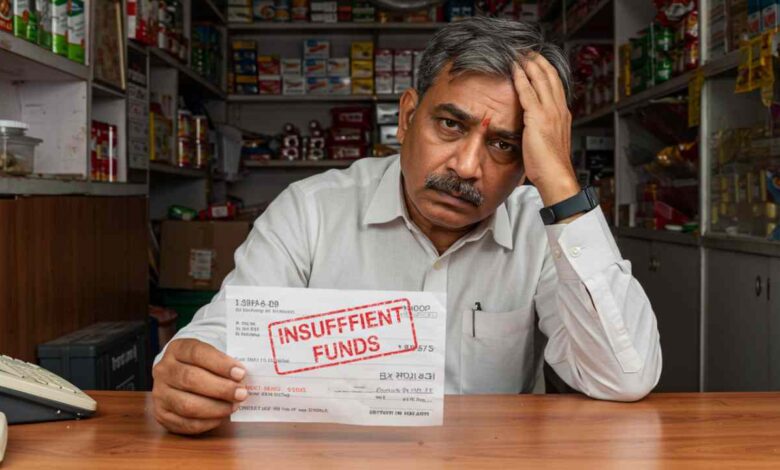New Cheque Bounce Rules: Judgement of Supreme Court, What You Need to Know

Even in today’s digital world, many people still use cheques for payments. Whether for business or personal reasons, cheques are common. But a big problem with cheques is when they “bounce.” Recently, India has made some new rules about cheque bounces, and it’s important for everyone to understand them.
What Exactly is a Cheque Bounce?
In simple terms, a cheque bounce happens when you deposit a cheque, but the bank refuses to pay the money. This can be for many reasons, like not enough money in the sender’s account or a signature that doesn’t match. Under Indian law, letting a cheque bounce is a serious offense.
What Are the New Rules and Changes?
To handle these cases better and faster, the Supreme Court and the Reserve Bank of India (RBI) have introduced new guidelines. Here are the main changes:
- Faster Case Solving: The new rules aim to solve cheque bounce cases much faster, with a goal of finishing them within six months.
- Interim Compensation: The person waiting for the money can now get some of it early. A court can order the sender to pay up to 20% of the cheque’s amount at the start of the case, so the receiver doesn’t have to wait for years.
- Strict Action for Repeat Bounces: If someone’s cheques bounce over and over, the bank can take strong action against them. This might even include suspending their bank account for some time.
- Use of Digital Systems: To make the process faster and more transparent, filing and tracking cases online will be encouraged.
What to Do if a Cheque You Received Bounces
If a cheque given to you bounces, follow these steps:
- Get the Memo from the Bank: The bank will give you a ‘Cheque Return Memo,’ which explains why the cheque was returned. This is a very important document.
- Send a Legal Notice: Within 30 days of getting the memo, you must send a formal legal notice to the person who gave you the cheque. It is best to do this through a lawyer.
- Wait for 15 Days: After receiving the notice, the sender has 15 days to pay you the money.
- File a Complaint: If you do not receive the money within those 15 days, you can file a legal case in court within the next 30 days.
What to Check Before You Write a Cheque
- Make sure there is enough money in your account to cover the payment.
- Sign the cheque carefully so your signature matches the one your bank has on record.
- Double-check that the date, amount in words, and amount in numbers are all correct.
- Do not cross out or write over anything on the cheque. If you make a mistake, it’s safer to write a new one.
The goal of these new rules is to make financial transactions more reliable and to build more trust in using cheques. So, it’s a good idea to be more careful whenever you deal with them.

